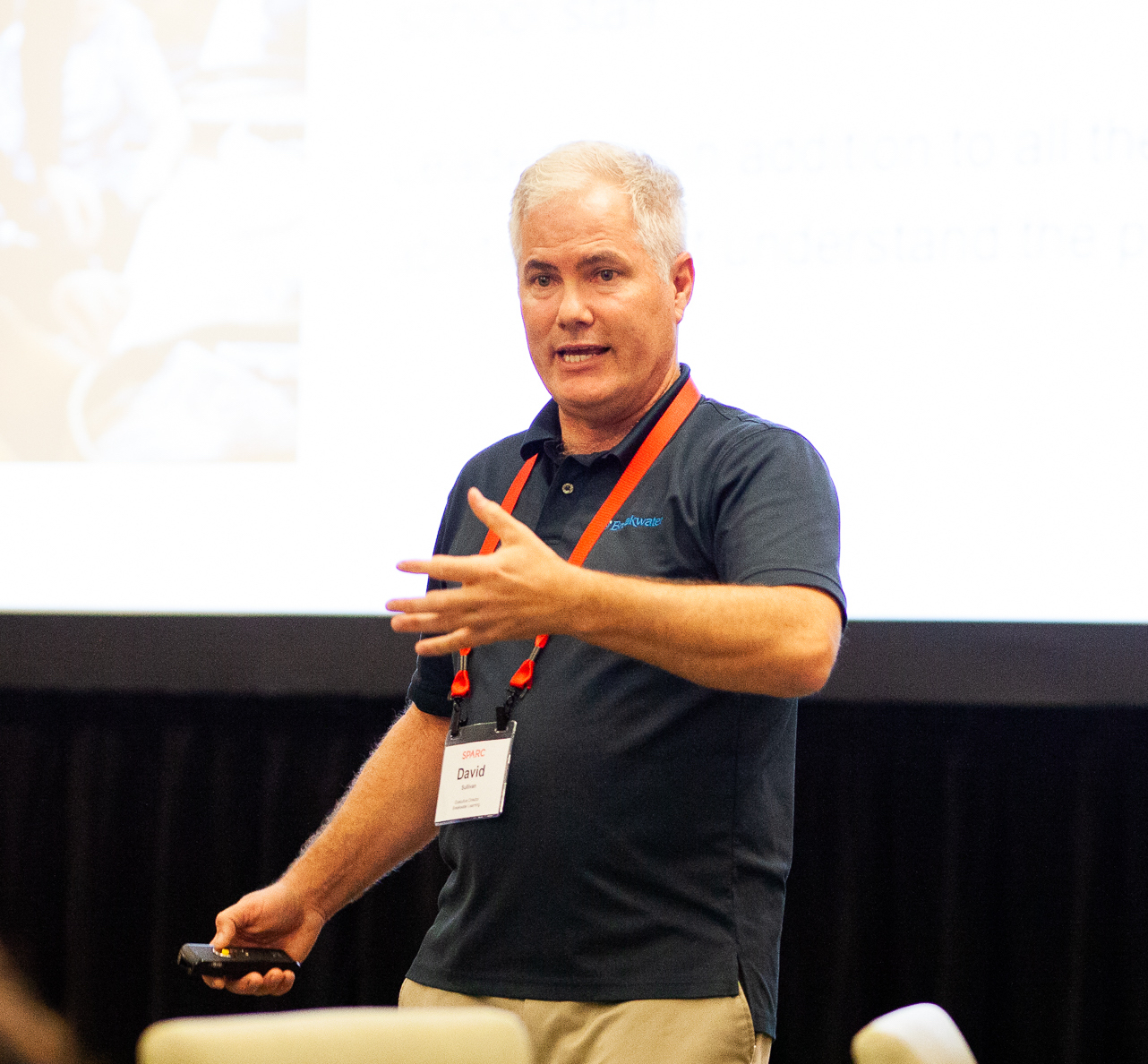How Auxiliary Professionals Can Effectively Communicate With the Head of School

In our latest episode of SPARC Effect—our podcast on all things Auxiliary—host Travis Walker sits down with SPARC Senior Advisor and former Head of School David Sullivan. In a wide-ranging and fascinating exchange, they discuss how Heads and Auxiliary professionals can work together to maximize the potential of their Auxiliary programs to serve the school’s mission.
One fundamental skill you can learn as an Auxiliary professional, according to Sullivan, is how to employ active language when describing the function of your program. Using active language—especially verbs—can highlight the value you bring to the school and positively impact how the Head perceives the potential of Auxiliary to boost revenue, add flexibility to curricula, and serve the student population.
I reached out to David Sullivan to learn more about the significance of active language. “The idea is to frame the work in Auxiliary with 'elevated' language," he says, “that claims a higher status for work in Auxiliary.” It’s important to understand that how you describe your program to the Head can have a direct effect on how the Head perceives and supports that program.
“I always suggest paying attention to the verbs and notice whether they are more passive words like ‘assist’ ‘help’ ‘coordinate’ etc. versus ‘lead,’ ‘implement,’ ‘design,’” Sullivan says. “I have noticed that sometimes the job descriptions for Auxiliary undervalue and underestimate the real work.”
In other words, your Head is more likely to value and prioritize Auxiliary work if you communicate clearly and actively that you understand the value and potential of your program.
Start by ensuring that you understand the school’s mission and seek clarity from the Head if necessary. Then communicate actively and positively how Auxiliary can serve that mission in terms of revenue, boosting enrollment, supporting diversity initiatives, expanding academic offerings, or any of the myriad ways Auxiliary can contribute to the school’s short-term and long-term goals. Since most of us are working solo, it’s especially important that we take the initiative to set the tone for how our programs are perceived.
If you haven’t listened to David and Travis yet, you can find the episode here. There's a trove of information and insight in the significance of a robust relationship between the Head of School and Auxiliary.
